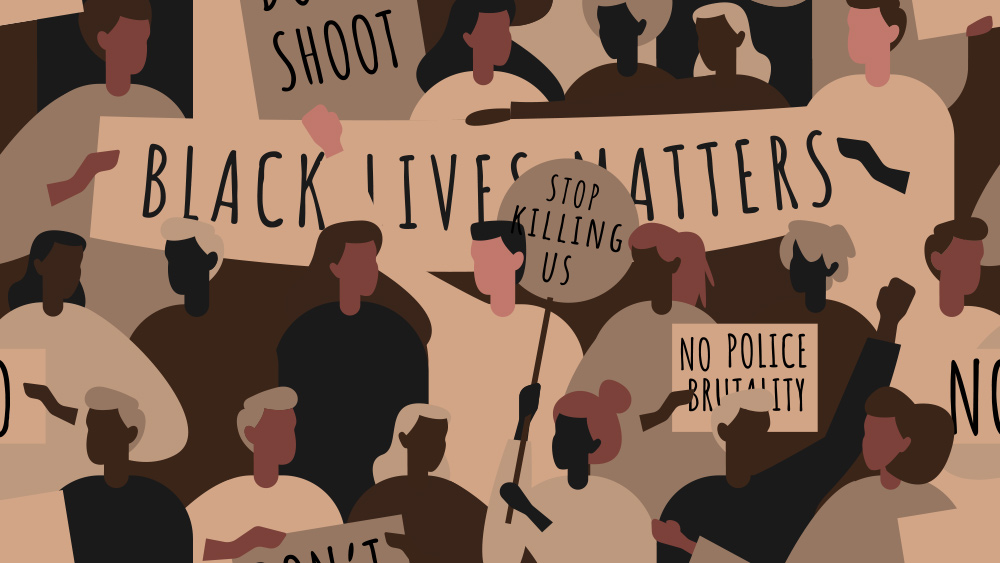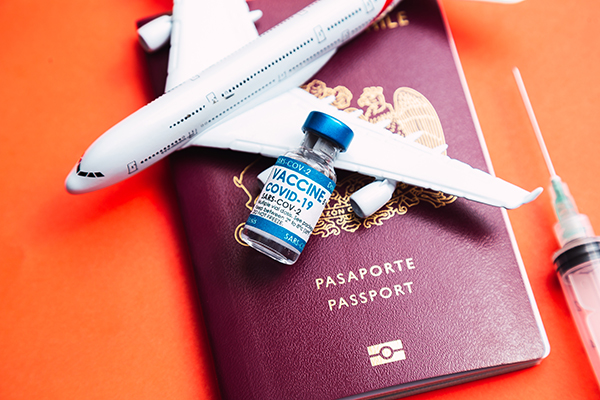
Out-of-pocket expenses have been rising for health insurance premiums, deductibles and prescription medications, with Big Pharma operating as a legalized drug cartel. Keeping prices high while greasing the federal regulatory system (and politicians’ reelection funds) has really taken its toll on our pocketbooks.
But we may have a knight in shining armor riding to the rescue: President-elect Donald J. Trump, who has pledged in recent days to take on the Big Pharma drug cartels with regulatory reforms that will most certainly result in lower prices.
In his first press conference recently, Trump discussed how the pharmaceutical industry has far too much power and influence over U.S. lawmakers and policymakers.
“Pharma has a lot of lobbyists and a lot of power,” said Trump. “There’s very little bidding on drugs. We’re the largest drug buyer in the world, and we’re going to start bidding. We’re going to start saving billions of dollars on drugs.” (RELATED: See more coverage of President Trump at Trump.news)
The president-elect is talking about the fact that every other president and Congress in recent history, including Clinton, Bush and Obama, have maintained what is essentially a “monopoly drug-pricing cartel” in the U.S. through the adoption of policies that eliminate outside and foreign competition, ensuring that the largest buyer of healthcare products—the U.S. government—pays the highest prices possible for drugs. While Medicare and Medicaid do not pay full price for most healthcare services, prescription drugs are often way over-priced. (RELATED: Learn about pharmaceutical price fixing at Rigged.news)
But the government also pays through federal health coverage plans and via the VA hospital system, where there is little competitive pricing. Much of this is due to an army of Big Pharma lobbyists who pretty much ‘bribe’ lawmakers and presidents to enact policies that keep prices high by eliminating true competitive bidding for prescription medication contracts [RELATED: Keep current with daily medical news coverage at Medicine.news]
Just how much money are we talking about here? In 2015 alone, according to the Centers for Medicare and Medicaid, “Spending on prescription drugs outpaced all other services,” with the government shelling out an incredible $324.6 billion for prescription drugs only.
The same report notes that healthcare spending in the United States has risen in the age of Obama and Obamacare, to $3.2 trillion annually, or roughly $10,000 per person; little wonder why the industry wouldn’t want to change the way things are.
But the fact is, the spending level on healthcare is breaking our bank. During Obama’s eight-year tenure, our national debt doubled from roughly $10 trillion to nearly $20 trillion today. If healthcare spending is not curbed and soon, it will consume 25 percent of our annual gross domestic product, meaning one out of every four dollars generated in the entire U.S. economy will be going to drug makers, cancer treatment centers, physicians, hospitals and medical device manufacturers.
As reported by Natural News founder/editor Mike Adams, the Health Ranger:
Obviously, that rate of expenditure is unsustainable. It also makes U.S. workers far more expensive than workers in overseas regions, harming the economic competitiveness of U.S. companies. In order for U.S. workers to remain competitive, U.S. health care costs need to be drastically reduced… and that means finally forcing drug companies to compete on pricing rather than receiving “full retail” monopoly-priced reimbursements from the federal government.
It should be noted, as documented in “The Hillary Files,” a white paper by the editors of NewsTarget, that had Hillary Clinton won instead of Trump, nothing would have changed because she was bought and paid for by the pharmaceutical industry she claimed to want to “reform.”
Trump hasn’t taken office yet so it’s unclear at this point if he’ll be able to do what he says. But at least he’s talking about reining in out-of-control drug pricing, as well as repealing and replacing Obamacare.
J.D. Heyes is a senior writer for Natural News and News Target, as well as editor of The National Sentinel.
Sources:
Please contact us for more information.























